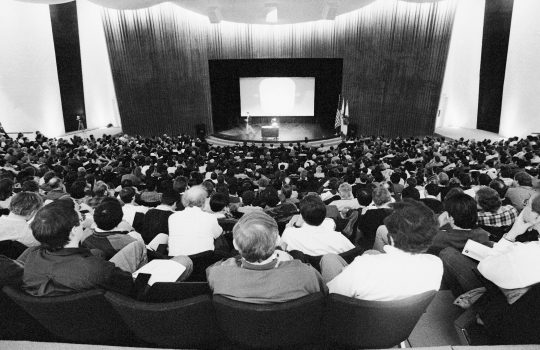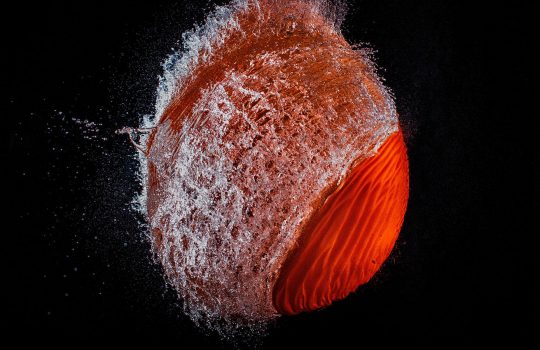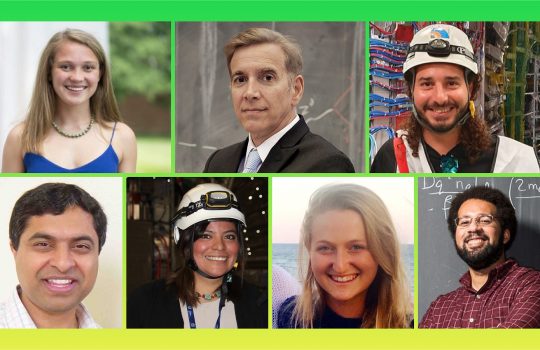Twenty-fifth anniversary of the discovery of the top quark at Fermilab
Twenty-five years ago, scientists on the CDF and DZero particle physics experiments at Fermilab announced one of history’s biggest breakthroughs in particle physics: the discovery of the long-sought top quark. The collaborations on the two experiments jointly made the announcement on March 2, 1995, to much fanfare. We take a look back on this day in Fermilab history a quarter-century ago.




